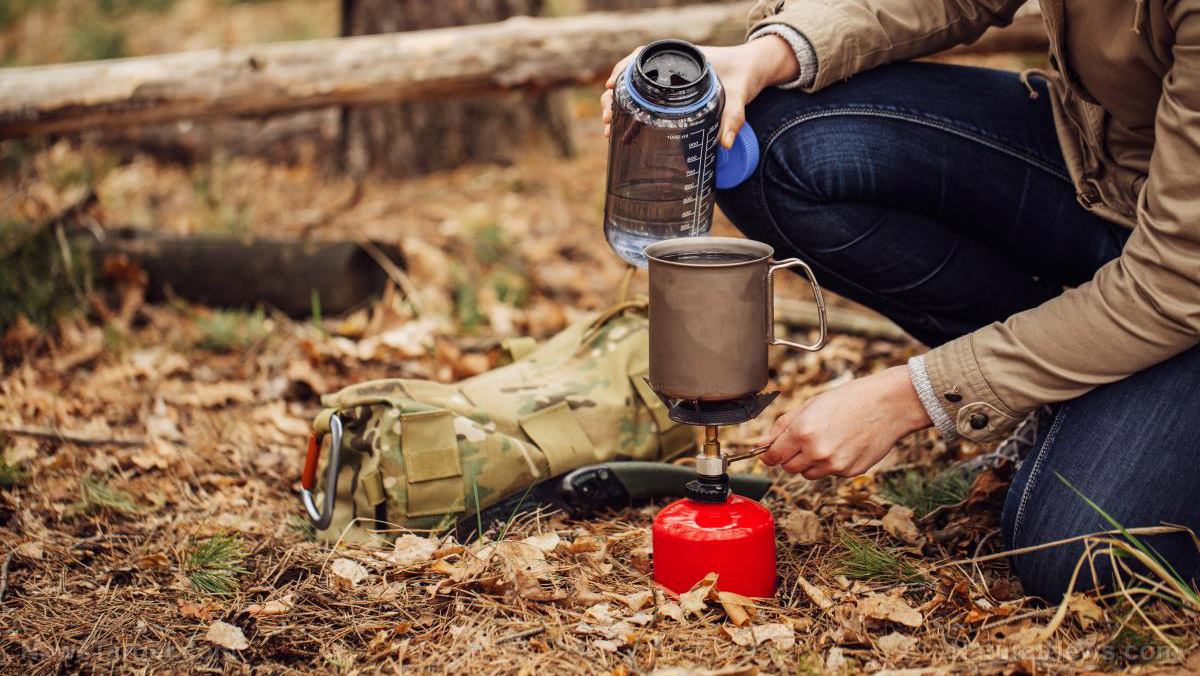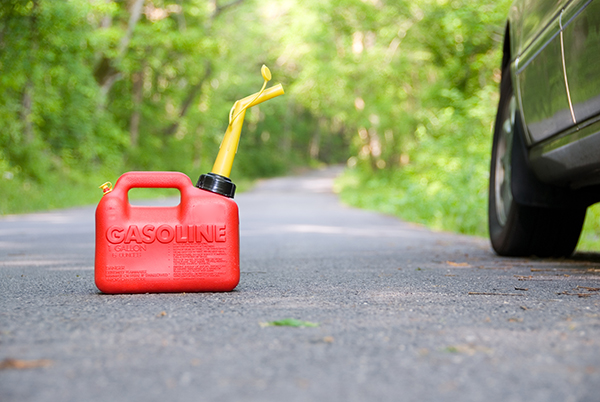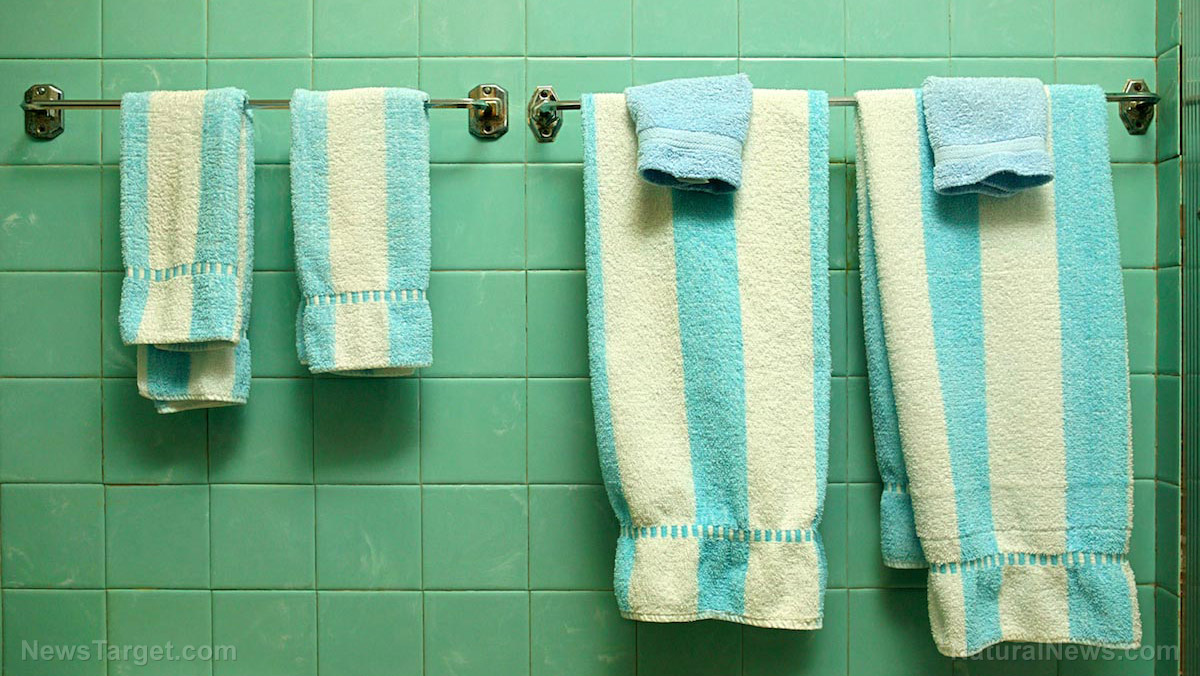
Food and water are essential for your survival when SHTF. You can start a garden in your backyard and stockpile food in your pantry, but knowing how to find and purify water ensures that you have access to clean drinking water when disaster strikes. (h/t to UrbanSurvivalSite.com)
You also need water for your garden, doing the laundry, and dishwashing. Take the time to learn about these 10 different ways to purify water in both indoor and outdoor scenarios to avoid water shortages at home or in your bug-out location.
1. Bleach
If you can't boil water, use household bleach. You should use regular, unscented chlorine bleach products for disinfection and sanitization. Bleach labels may note that the product's active ingredient contains at least six to 8.25 percent of sodium hypochlorite.
Never use color safe, scented, or bleaches with added cleaners. If water is cloudy, let it settle then filter it through a clean cloth, a coffee filter, or a paper towel.
When purifying water using bleach, add about eight to 16 drops of bleach per gallon of water. Adjust the amount of bleach depending on how cloudy the water is, then let the treated water sit for about half an hour.
Bleach will only eliminate living contaminants. Since bleach only has a shelf-life of about six months, it won't be as effective at purifying water past its expiration date.
2. Boiling
Boiling is one of the oldest methods of purifying water. Boiling water effectively eliminates all living contaminants – bacteria, parasites, protozoans, and viruses – within minutes. However, boiling doesn't remove contaminants like chemicals and toxins from the water.
Water from a pristine mountain stream can be boiled before consumption, but water from a lake or river that collects runoff from cities will require a chemical water filter. Chemicals must be removed from water before boiling, otherwise, the chemicals will only become concentrated after the water is boiled.
Boiling is a sustainable water filtration method. With a source of heat and a fireproof vessel, you can easily boil water.
3. Iodine
Iodine can also be added to water to make it safe to drink and to get rid of living contaminants. You'll need twice as much iodine to purify water compared to bleach. Iodine is also more expensive.
Iodine does offer one advantage: Mineral-based iodine has an infinite shelf life. Stockpile iodine so you can purify drinking water when SHTF. Check guides to determine how to safely purify water using an iodine tincture.
4. Purification tablets
Water purification tablets are another important addition to your survival stockpile. These tablets were designed to purify water, and they're easy to find and relatively affordable.
Purification tablets contain ingredients like chlorine dioxide, sodium dichloroisocyanurate, and tetraglycine hydroperiodide. Some water purification tablets also contain iodine.
5. Sand filtration
Using the right supplies, you can create a sand filter. Even though sand filtration can't eliminate microbes, it can filter murky water to produce something safe to drink.
6. Solar distillation
Distilling water can get rid of heavier substances like minerals and salt. This method is ideal for purifying salt water.
With a solar still, you can distill water. Distillation won't get rid of contaminants like microbes so this method should be followed with boiling.
7. Survival straws
High-quality survival straws are a convenient and effective method of purifying water. These straws are made of a very fine filter contained in a sturdy straw-like casing.
When you sip water through the straw, the liquid is passed through the filter and purified before it reaches your mouth.
8. Water bottle filters
Water bottle filters and survival straws have similar filtration systems built into the drinking receptacle. But unlike the survival straw, water bottle filters already come with a container for your drinking water.
9. Water filters
One of the most effective ways to purify water is to make use of a high-quality water filter. Water filters are available in different designs and sizes, so choose one based on your family's needs. (Related: How to make your own homemade water filter.)
10. Xylem filters
A xylem filter is simply and effectively designed, which makes it one of the most viable water purification methods for preppers in third-world countries.
To make a xylem filter, you need a piece of clean, flexible tubing, a chunk of pine (or other conifer wood), and a bit of glue. Peel the bark from the wood, then attach the piece of wood into the end of the tubing with glue stuck on it. This lets water pass through the tube, and the liquid is filtered through the wood.
A xylem filter can remove at least 99.9 percent of contaminants. This method does have one downside: It takes a long time to filter water this way.
Keep your survival stockpile full of foods with a long shelf life and learn about these water filtration methods to prevent dehydration when SHTF.
Sources include:
Please contact us for more information.





















